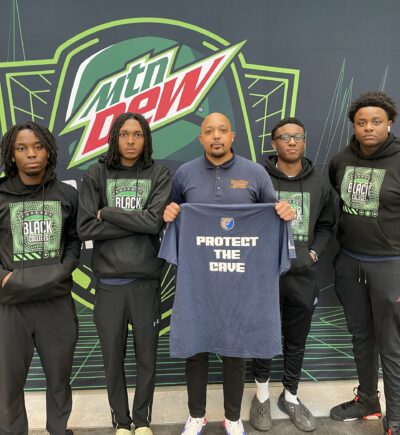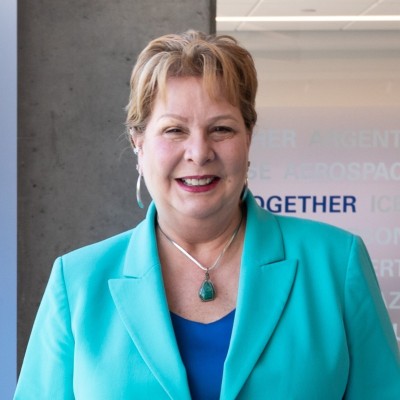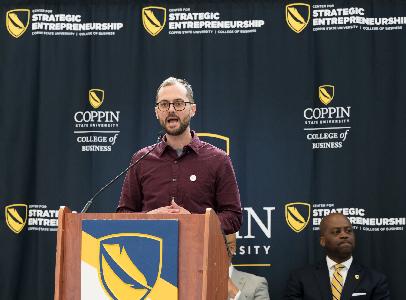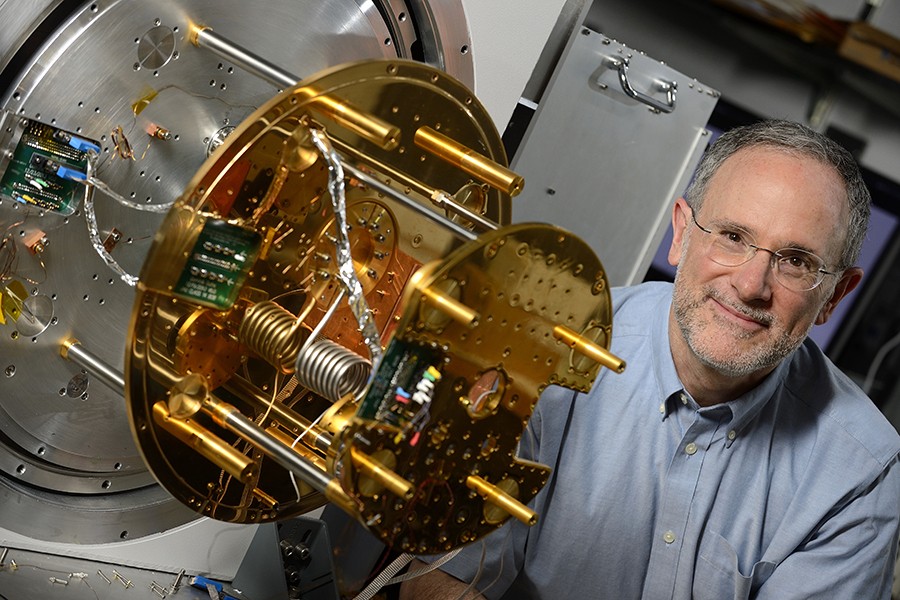Tech founders from Google and Facebook brought a celebrity-studded red carpet award ceremony to Silicon Valley on Sunday night, and turned the focus on science.
The Breakthrough Prize, dubbed the “Oscars of Science” by organizers, recognized awardees in multiple categories. Plus, the Palo Alto gala was hosted by Morgan Freeman and featured celebrity presenters as well as music by Wiz Khalifa.
A team with Johns Hopkins roots that looks toward a different set of stars were among the big winners.
Earlier this century, astrophysicist and JHU Distinguished Professor Charles Bennett led a team behind the WMAP mission. The nine-year voyage of a space probe involved using physics to analyze the oldest light in the universe, and answer questions that remained a mystery to scientists.
“The result is relatively simple, but strange,” he said from the podium. “Atoms make up only five percent of the universe. Dark matter and dark energy dominate.”
The discoveries formed the basis for the Standard Model of Cosmology, which allows researchers to simulate events that happened long before humans were a glimmer.
For the work, the team will share the $3 million purse that comes with the Breakthrough Prize in Fundamental Physics. JHU research scientist Janet Weiland is also among the team sharing in the prize.
The effort is one of a number of space-focused activities at Hopkins, including the presence of the Space Telescope Science Institute, which operates the Hubble Telescope at the Homewood campus, and lots of probe-building activities at Johns Hopkins Applied Physics Lab in Laurel.
Bennett said there are still discoveries to be made reaching further back.
“There is still much we do not understand, such as the first moments of the universe. So there will be new breakthroughs in the future,” Bennett said in his speech.
Join the conversation!
Find news, events, jobs and people who share your interests on Technical.ly's open community Slack

This Black gaming advocate has a mission to transform education through esports

'Be bold': This digital innovation and business strategist urges fellow women leaders to be their authentic selves

Baltimore Power Moves: Open Works and Coppin State partner for a new makerspace, degree and tech transfer program


